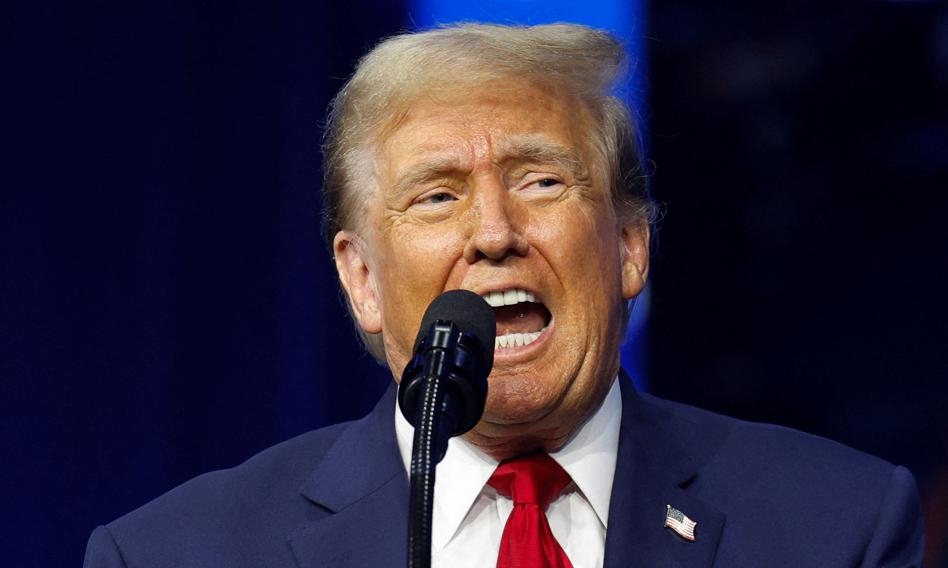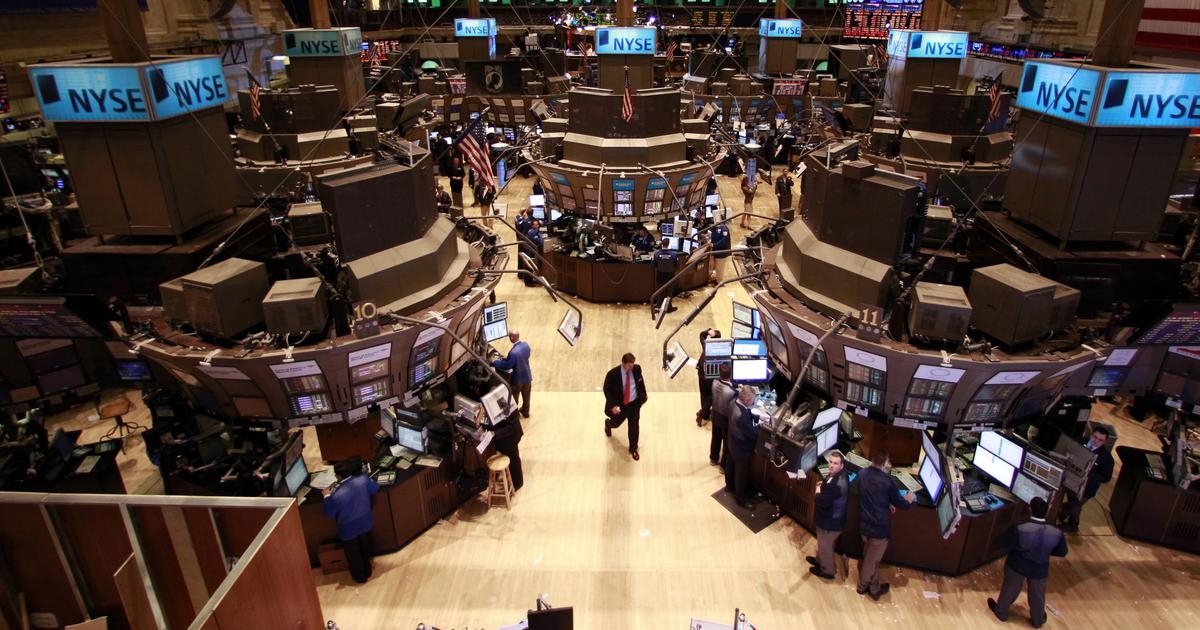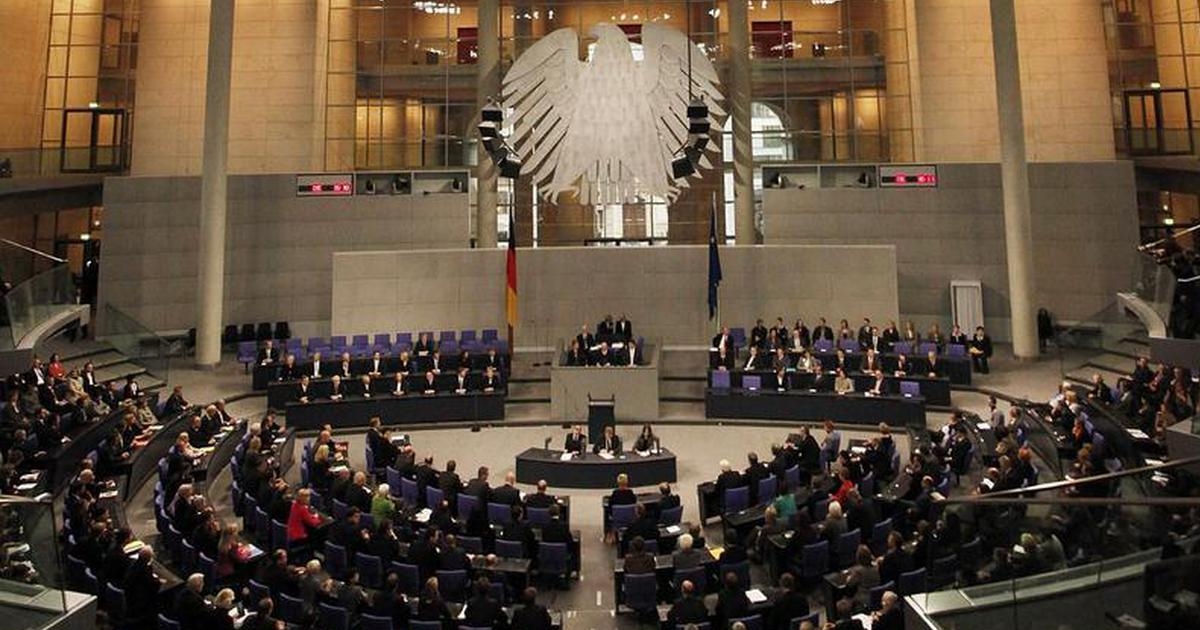Trump's tariffs crash in the Supreme Court, with judges skeptical

A majority of the Supreme Court justices expressed skepticism during Wednesday's hearing about President Donald Trump's authority to impose most tariffs on goods from almost every country in the world. A decision on that matter will be made at a later date.
The Supreme Court heard arguments Wednesday in a landmark case concerning the president's authority to impose tariffs under the International Emergency Economic Powers Act (IEEPA), which allows for sanctions and other economic measures in response to extraordinary and unique threats. The case concerns tariffs imposed by Trump on products from nearly every country in the world. The president argued that such decisions were made because of the "exceptional threat" of a persistent trade deficit.
Two lower courts have found Trump's tariffs illegal, and questions and comments from a majority of the Supreme Court justices suggested they shared a similar view.
Neal Katyal, a lawyer representing importers who filed a complaint against Trump's tariffs, argued that tariffs are a tax and that Congress, which has the power to impose taxes, could not and did not give the president the authority to impose tariffs worldwide.
"It comes down to common sense. It's simply unbelievable that by passing the IEEPA, Congress granted the president the power to fundamentally overhaul the entire customs system and the American economy, allowing him to set and change tariffs on any product from any country, at any time," Katyal said. "It's a one-way street. We'll never get that power back if the government wins this case," he warned.
A Trump administration official, John Sauer, the president's former personal lawyer, argued that Trump had the right to impose tariffs because they fell within his foreign policy mandate, and that the tariffs imposed were not actually taxes. Sauer argued that they were "regulatory" in nature and not intended to generate revenue. He argued that they were not intended to impose a tax, which is Congress's constitutional authority. He argued that tariffs would work best if they did not generate revenue at all, but rather altered the balance of foreign trade (reduced imports).
The justices—including conservative Chief Justice John Roberts—replied that the president had other tools to achieve this, such as embargoes and quotas that would not tax Americans. Another conservative justice, Neil Gorsuch, pointed out the dangers of Congress granting the president its own powers (in this case, imposing tariffs) and the fact that Parliament—in practice—cannot take them back due to the president's veto power.
Much of the discussion centered on semantic issues surrounding the International Trade and Investment (IEEPA), which Trump invoked to impose his tariffs. Specifically, the issue was whether the law's provision granting the president the authority to "regulate... imports" also included the authority to impose tariffs. Many justices—all three liberal justices, as well as two conservatives, Chief Justice John Roberts and Amy Coney Barrett—appeared skeptical of the administration's arguments, represented by attorney John Sauer.
Several justices, when questioning the plaintiffs, acknowledged that they had a strong case. Judge Barrett, however, emphasized that if the tariffs were invalidated by the court, the result would be a "mess" related to the refund of the money collected by the government from the tariffs. Katyal conceded that this was true, but that shouldn't be a bar to leaving them in place. Both he and the justices also suggested that Trump could impose the tariffs using powers other than the IEEPA, though that process would be more complicated, lengthy, and limited.
Wednesday's two-plus-hour Supreme Court hearing, as expected, was inconclusive. Theoretically, the Court could issue a ruling at any time. Decisions are usually issued in June, but the current case is being moved at an accelerated pace. According to the influential Supreme Court blog, SCOTUS Blog, a decision will likely be issued before Christmas.
US President Donald Trump has repeatedly argued that the tariff case before the court is one of the most important in history, and that losing it would mean economic ruin for the country. Although he ultimately declined to appear in court in person, he was represented there by Finance Minister Scott Bessent.
From Washington, Oskar Górzyński (PAP)
osk/ kbm/
bankier.pl





